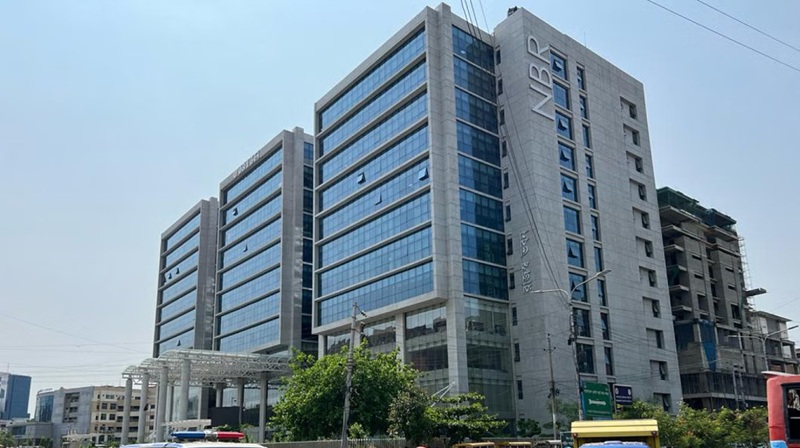Officials and employees of National Board of Revenue (NBR) have returned to work on Monday, putting an end to a two-month deadlock, that crippled the country’s import-export activities hampering the revenue earning of the government.
The NBR officials resumed their work after observing a weeklong pen-down strike, sit-in demonstrations, and, most recently, a two-day “complete shutdown” demanding the removal of the National Board of Revenue (NBR) chairman.
On Monday, staff resumed duties at all tax, VAT, and customs offices across the country, according to NBR Chairman Md Abdur Rahman Khan.
He said, “We are receiving reports through the media and the business community that all customs houses are now operational. Work is going on very smoothly without any problems. Officials have also returned to their duties. So far everything is normal.”
The decision to withdraw the protest was announced at a joint press conference by the NBR Reform Unity Council and a delegation of top business leaders on Sunday. The press conference was held at the office of the Bangladesh Chamber of Industries (BCI) in Tejgaon, Dhaka.
Speaking on behalf of the business community, BCI President Anwar Ul Alam Chowdhury Parvez and NBR Reform Unity Council President and Additional Commissioner Hasan Muhammad Tarek Rikabdar addressed the media.
Among those present at the press conference were former FBCCI President Mir Nasir Hossain, BGMEA President Mahmud Hasan Khan, Syed Nasim Manzur (MD of Apex Footwear and former President of the Metropolitan Chamber of Commerce and Industry), and NBR Reform Unity Council Vice President Mirza Ashik Rana, among other prominent business leaders.
The government took a tough stand on Sunday, the second day of the “complete shutdown” during the ongoing protests by NBR officials, by declaring NBR services as “essential” and warnedaction against striking officials.
At the same time, the Anti-Corruption Commission (ACC) disclosed that it had launched investigations into alleged corruption involving six protesting NBR officials.
As per the previous schedule, Finance Adviser Salehuddin Ahmed was supposed to sit for talks with the protesters that day. However, he declined to meet them while the shutdown was ongoing.
Meanwhile, the government announced the formation of an advisory committee consisting of five advisers to help resolve the crisis.
Amid daylong drama, the finance adviser later held talks with leaders of several business associations, where a breakthrough emerged. On the basis of “positive assurances” received in that meeting — and with mediation by business association leaders — the NBR Reform Unity Council decided to call off the shutdown programme.


